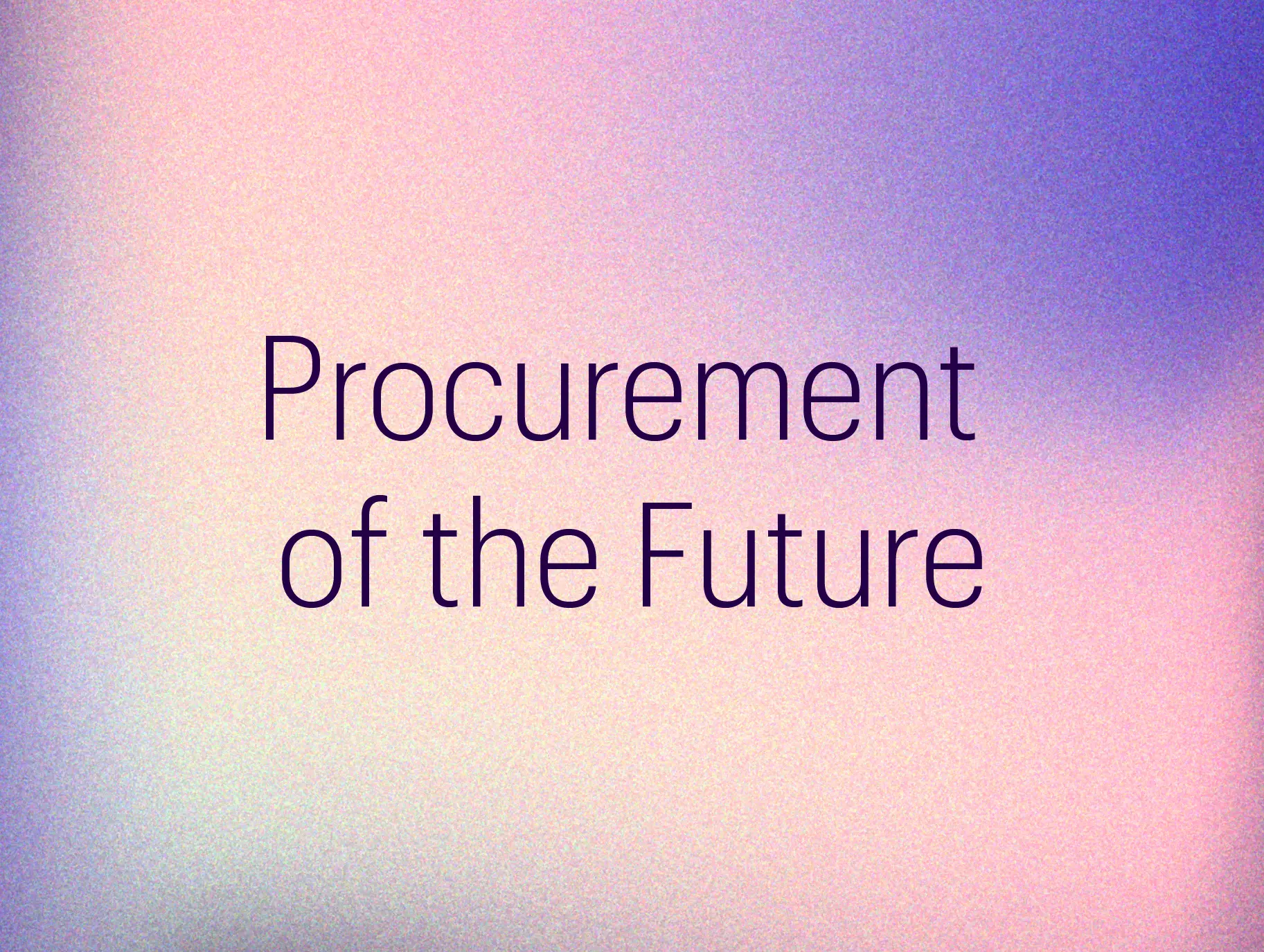In the fast-paced and unpredictable global economy, businesses are increasingly adopting multiple supply chain strategies to stay agile and resilient. By developing effective strategies for multiple supply chains, organizations can enhance productivity, minimize risks, and maintain operations in the face of disruptions. For data analytics, this shift opens unique opportunities to drive innovation while navigating the complexities of managing interconnected supply networks.
Understanding Multiple Supply Chains
A multiple supply chain strategy involves managing various sourcing, manufacturing, and distribution pathways simultaneously. This diversification minimizes the impact of disruptions, such as geopolitical events, natural disasters, or pandemics, on overall operations. Industries like manufacturing, pharmaceuticals, and e-commerce have been early adopters of implementing this strategy to safeguard their operations and maintain customer satisfaction.
A multiple supply chain strategy is not just a contingency plan but a proactive framework for managing risk, ensuring business continuity, and fostering long-term growth. By embracing this model, organizations can future-proof their operations, adapt swiftly to challenges, and maintain customer trust in an ever-changing global landscape.
Advanced Techniques: Predictive Modeling and ML in Multiple Supply Chain Management
Data analytics is the driving force behind efficient multiple supply chain management, offering clarity in complexity. By leveraging advanced techniques like predictive modeling and machine learning, businesses gain actionable insights into inventory, logistics, and demand planning. This empowers organizations to optimize operations, reduce costs, and make informed decisions to enhance overall performance.
Imagine that you are running a retail business with supply chains across Asia, Europe, and North America. With evolving markets and constant disruptions, the challenge of maintaining efficient, sustainable operations can be overwhelming. This is where data analytics becomes your greatest ally, delivering predictive and real-time insights to streamline complexities and enable smarter, faster decisions. It transforms complexity into actionable insights with the help of the following frameworks:
Identify Growth Areas with Performance Monitoring
Performance monitoring through data analytics provides continuous visibility into key supply chain performance metrics such as on-time delivery, supplier reliability, and order accuracy. These insights enable organizations to track operations in real-time and maintain high service standards.
By identifying inefficiencies and addressing them proactively, businesses can refine their processes to enhance operational performance and customer satisfaction. This data-driven approach ensures that supply chain operations remain efficient, reliable, and aligned with organizational goals.
Improve Planning with Accurate Demand Forecasting
Demand forecasting through predictive analytics empowers organizations to anticipate demand variations across markets, channels, and seasons with remarkable precision. By analyzing historical data, organizations can optimize inventory levels to meet customer needs during peak periods while avoiding overstocking. This proactive approach ensures better inventory planning, enhances customer satisfaction, and minimizes inefficiencies. Industry forecasting further enhances this by providing insights into broader market trends, supply chain risks, and potential disruptions. By factoring in external variables, organizations can fine-tune their strategies, ensuring smoother operations across multiple supply chains and reducing costs.
For instance, in the automotive battery industry, our Demand Forecasting solution significantly improved operational efficiency and supply chain performance for a client. By leveraging data-driven insights, MathCo streamlined delivery processes, ensured trucks were fully utilized, and minimized non-scheduled deliveries. These advancements not only reduced costs for battery distributors but also demonstrated the tangible impact of predictive analytics in driving efficiency and optimizing supply chain operations.
Reduce Uncertainty Through Risk Mitigation Strategies
Risk mitigation powered by real-time data serves as an early warning system, enabling organizations to identify and assess risks before they escalate. Advanced analytics tools detect potential issues such as supplier delays, transportation bottlenecks, adverse weather conditions, or geopolitical threats, allowing businesses to respond swiftly and effectively.
For example, if analytics identifies adverse weather conditions in Asia, organizations can quickly pivot operations to European suppliers, ensuring an uninterrupted supply chain. This proactive approach minimizes disruptions, safeguards operations, and enhances resilience across the supply chain.
Driving Operational Efficiency
Operational optimization through advanced analytics tools helps organizations evaluate costs, lead times, and inventory levels across the supply chain. These tools provide actionable insights, recommending cost-effective shipping routes, high-performing suppliers, and optimal inventory positioning. By balancing cost efficiency with service standards, organizations can streamline operations and improve overall performance. Additionally, analytics can optimize labor planning by predicting demand fluctuations and allocating the workforce efficiently. This ensures the right staffing levels, reducing labor costs while maintaining productivity.
For instance, analytics might suggest the best shipping routes or inventory placements to minimize waste while ensuring fast delivery. This data-driven approach not only enhances operational excellence but also reduces overall costs, contributing to a more agile and efficient supply chain.
Sustainability Tracking to Improve Carbon Footprint
Sustainability tracking powered by analytics enables organizations to measure and improve their environmental impacts, such as carbon footprints and waste levels. By aligning operational efficiency with environmental responsibility, businesses can adopt sustainable practices without compromising performance.
For example, analytics might identify air freight as a significant contributor to carbon emissions, prompting a switch to greener sea freight alternatives. This approach reduces emissions while maintaining delivery timelines and controlling costs, demonstrating that sustainability and efficiency can go hand in hand.
The Way Forward
The multiple supply chain model is not just a response to global uncertainties; it is a proactive strategy that fosters agility and resilience. Technological advancements will play a pivotal role in this transformation, with tools like AI, blockchain, and digital twins driving the future of supply chain management.
AI-driven tools will enhance decision-making by enabling real-time, autonomous operations, helping businesses react quickly to changing market conditions. Blockchain technology will boost transparency and traceability, strengthening collaboration and accountability with suppliers. Meanwhile, digital twins will provide virtual simulations, allowing organizations to test different scenarios and strategies before implementation, reducing risks and optimizing performance.
With these advancements in analytics and by overcoming the hurdles of integration, organizations can turn potential challenges into strategic advantages. This approach will help achieve sustainable growth, operational excellence, and a competitive edge in a world of increasing unpredictability.
MathCo’s Approach to Implementing Supply Chain Analytics
Through a comprehensive suite of services, including strategy, data governance, data insights, GenAI, and adoption advisory, we enable organizations to optimize supply chains and establish sustainable, data-driven processes. Our Connected System aligns goals, decisions, insights, and actions, ensuring that every move is data-informed and aligned with business objectives. This unified approach helps businesses take swift, informed actions, driving continuous improvement across their supply chains.
We simplify supply chain analytics by seamlessly integrating data from diverse sources, providing actionable insights to overcome implementation challenges. Built on our proprietary platform, NucliOS, our scalable solutions support your analytics capabilities as your business grows, maintaining high performance even with large data volumes.



